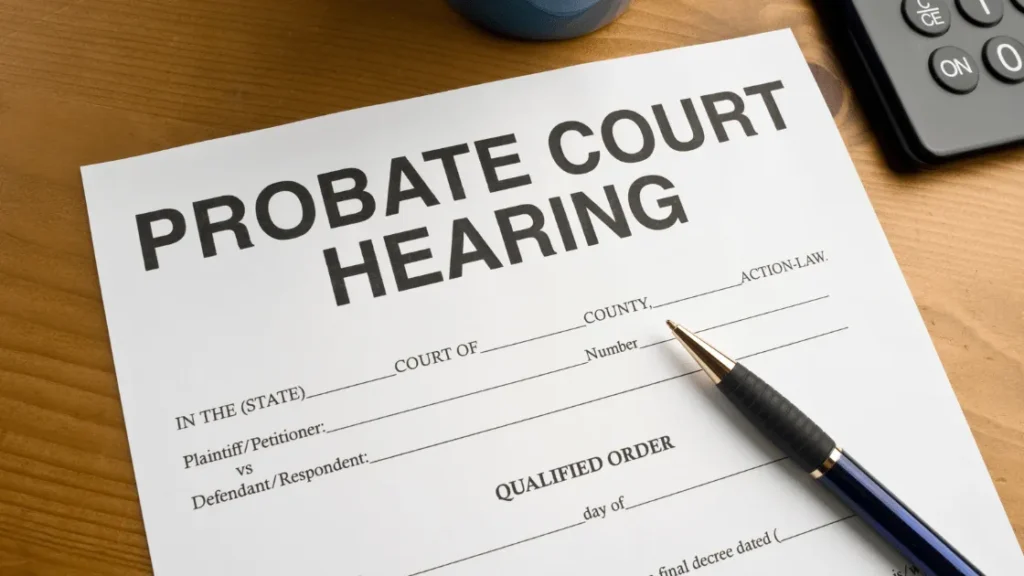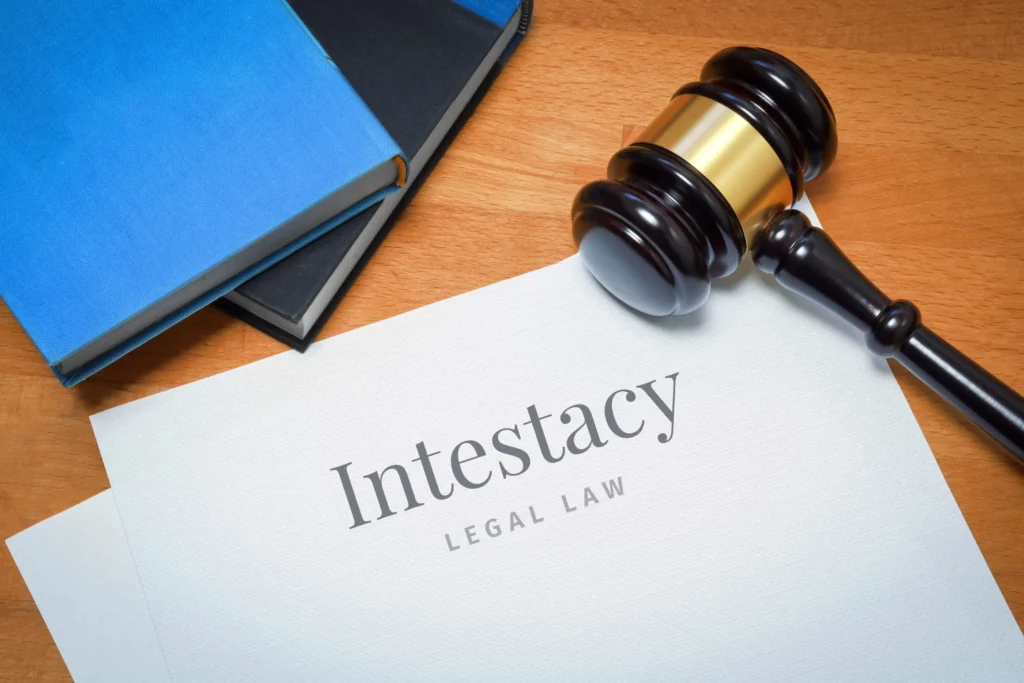Understanding the Probate Process in Texas: A Step-by-Step Guide
The probate process in Texas can be complex, but understanding its steps can simplify the experience for executors and beneficiaries alike. This guide outlines the necessary actions to take when initiating probate, from filing the will in court to notifying heirs and creditors.
Typically, the process begins with filing an application for probate in the appropriate court, followed by a hearing to validate the will. Executors must then gather and inventory the deceased's assets, pay any debts or taxes, and ultimately distribute the remaining assets according to the will. Each step is crucial for ensuring compliance with Texas probate law.
Common Challenges in Texas Probate: Disputes and Resolutions
Navigating probate in Texas can present various challenges, including disputes among heirs or issues related to the validity of the will. Understanding these common challenges can help individuals prepare for potential conflicts and seek resolutions effectively.
For instance, disagreements over asset distribution or claims of undue influence can arise, leading to contested probate cases. In such situations, mediation or legal intervention may be necessary to resolve disputes. Familiarity with these challenges can equip executors and beneficiaries with strategies to address conflicts amicably.
Essential Probate Documents: A Comprehensive Checklist for Executors
Executors play a vital role in managing the probate process, and having the right documents is essential for smooth administration. This checklist outlines the critical documents required to navigate probate effectively.
Key documents include the original will, death certificate, inventory of assets, and any relevant financial records. Executors should also prepare a list of debts and liabilities, as well as documentation for any claims against the estate. Having these documents organized can streamline the probate process and ensure compliance with Texas law.
Intestate Succession in Texas: Understanding Your Rights
If a person passes away without a valid will, their estate is subject to intestate succession laws in Texas. Understanding these laws is crucial for heirs who may be uncertain about their rights and entitlements.
In Texas, intestate succession dictates how assets are distributed among surviving relatives, typically prioritizing spouses, children, and parents. Knowing the rules of intestate succession can help potential heirs understand their claims and navigate the legal process to assert their rights effectively.









